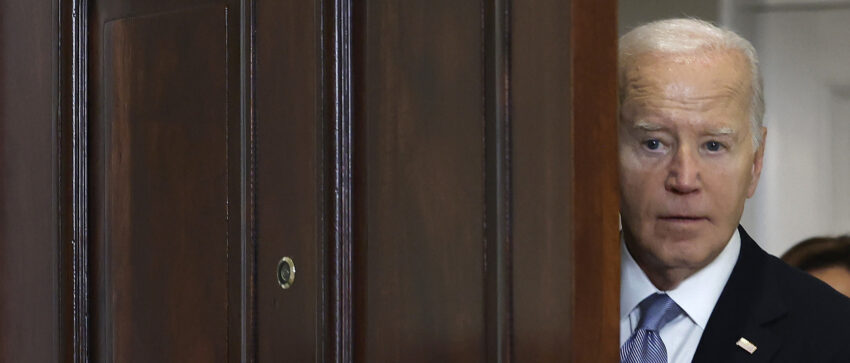“To be sure, Congress may disagree with the President’s privilege assertion—it would not be the first time Congress objected to the Executive Branch’s withholding of information on executive privilege grounds,” the opinion states. “But what Congress cannot do is arrest, imprison, or impose burdensome financial sanctions on an official for carrying out the President’s direction not to disclose information over which the President asserted executive privilege.”
In July, another House resolution to fine Garland $10,000 every day that he did not comply with the subpoena failed to pass. Biden initially invoked executive privilege to block release of the tapes in May.
A lawsuit filed against Garland by the House Judiciary Committee in July seeking the recording is still ongoing.
White House aides insulated Biden as his health declined, including from administration officials, the Wall Street Journal reported Dec. 19. CBS Reporter Jan Crawford called Biden’s cognitive decline the most “underreported” story of 2024.
“The audio recordings, not the cold transcripts, are the best available evidence of how President Biden presented himself during the interview,” the lawsuit states.
In an opinion dated Dec. 20, Assistant Attorney General Christopher Fonzone advised Attorney General Merrick Garland that Congress “may not constitutionally use its inherent power of contempt to arrest or direct that daily fines of $10,000 be imposed” against him for complying with Biden’s decision to assert executive privilege over the tape.

